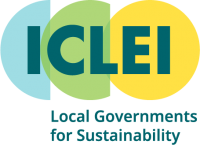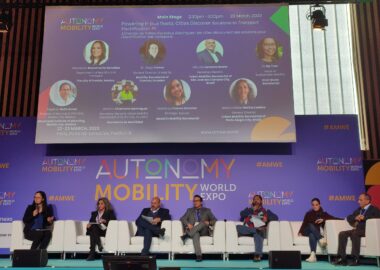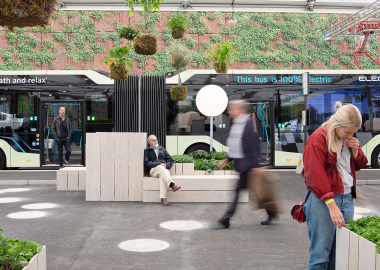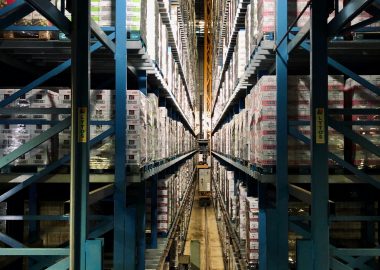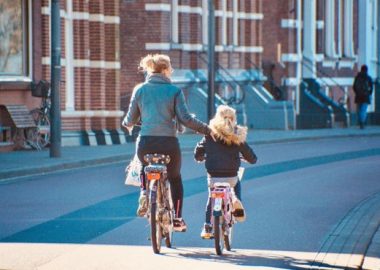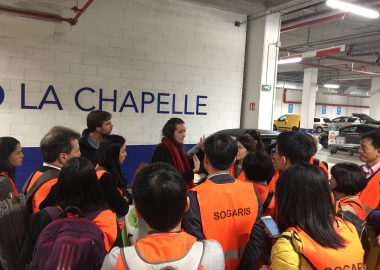Autonomy 2022
15-minute delivery in the 15-minute city
ICLEI – Local Governments for Sustainability is a global network of more than 2500 local and regional governments committed to sustainable urban development. Active in 125+ countries, we influence sustainability policy and drive local action for low emission, nature-based, equitable, resilient and circular development. Our Members and team of experts work together through peer exchange, partnerships and capacity building to create systemic change for urban sustainability.


